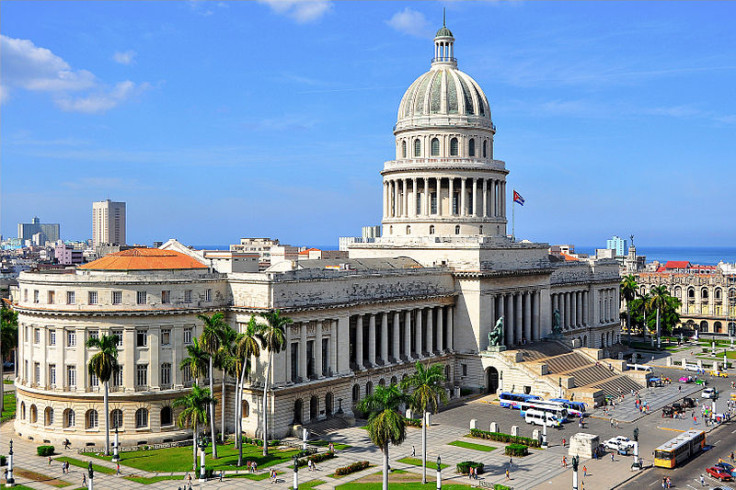
Venezuela's state oil company, PDVSA, has begun using tankers that sail undetected by radar to deliver oil to Cuba, as demand for electricity generated by oil-fired power plants soars during the sweltering summers of President Nicolas Maduro's closest political ally.
The shift comes as the fleet of state-owned ships that traditionally served the route has shrunk due to lack of maintenance, according to documents and ship monitoring cited in a Reuters article. Many of Venezuela's and Cuba's tanker fleets face U.S. sanctions, thereby limiting their travel capabilities.
On the contrary, dark fleet vessels are usually operated by third parties, lack Western insurance, and send out false location signals to hide their movements.
In June, Venezuelan oil company Petróleos de Venezuela, S.A. (PDVSA) launched co-loading of crude oil and fuel oil cargoes, delivering a share to Cuba and sailing from there to ports in Asia to unload the remaining volume, according to company shipping documents cited by the outlet.
According to TankerTrackers.com and a satellite image from Planet Labs reviewed by Reuters, the vessels disguise their signals, appearing to be elsewhere in the Caribbean while they unload in Cuba, frequently using ship-to-ship transfers.
One of the vessels, the Panama-flagged Neptune 6, was last week near Cuba's Nipe Bay transferring Venezuelan heavy crude and fuel oil to Cuba-flagged vessel Esperanza, according to the documents and photo, analyzed by TankerTrackers.com.

However, the ship's transponder has been signaling a location north of Curacao since late May, according to LSEG data.
Both PDVSA and the foreign ministries of Venezuela and Cuba declined to comment to Reuters. It remains unclear whether the use of third-party ships to deliver to Cuba is a temporary arrangement.
Venezuela has been using this kind of strategy in the past. For example, PDVSA has used cryptocurrency to get around the sanctions on the country's oil and fuel exports recently resumed by the United States.
A recent Reuters report revealed that PDVSA has been accelerating the use of cryptocurrencies in crude and fuel exports amid U.S. sanctions in the country's giant oil sector, one of the most important actors enabling this evasion for the South American country has turned away from them.
The report from Reuters, which cited anonymous sources, highlighted that in order to mitigate the risk of funds being frozen in foreign bank accounts as the new sanctions implemented by the U.S. take effect, PDVSA has reportedly shifted its oil sales to Tether's USDT stablecoin.
© 2025 Latin Times. All rights reserved. Do not reproduce without permission.





